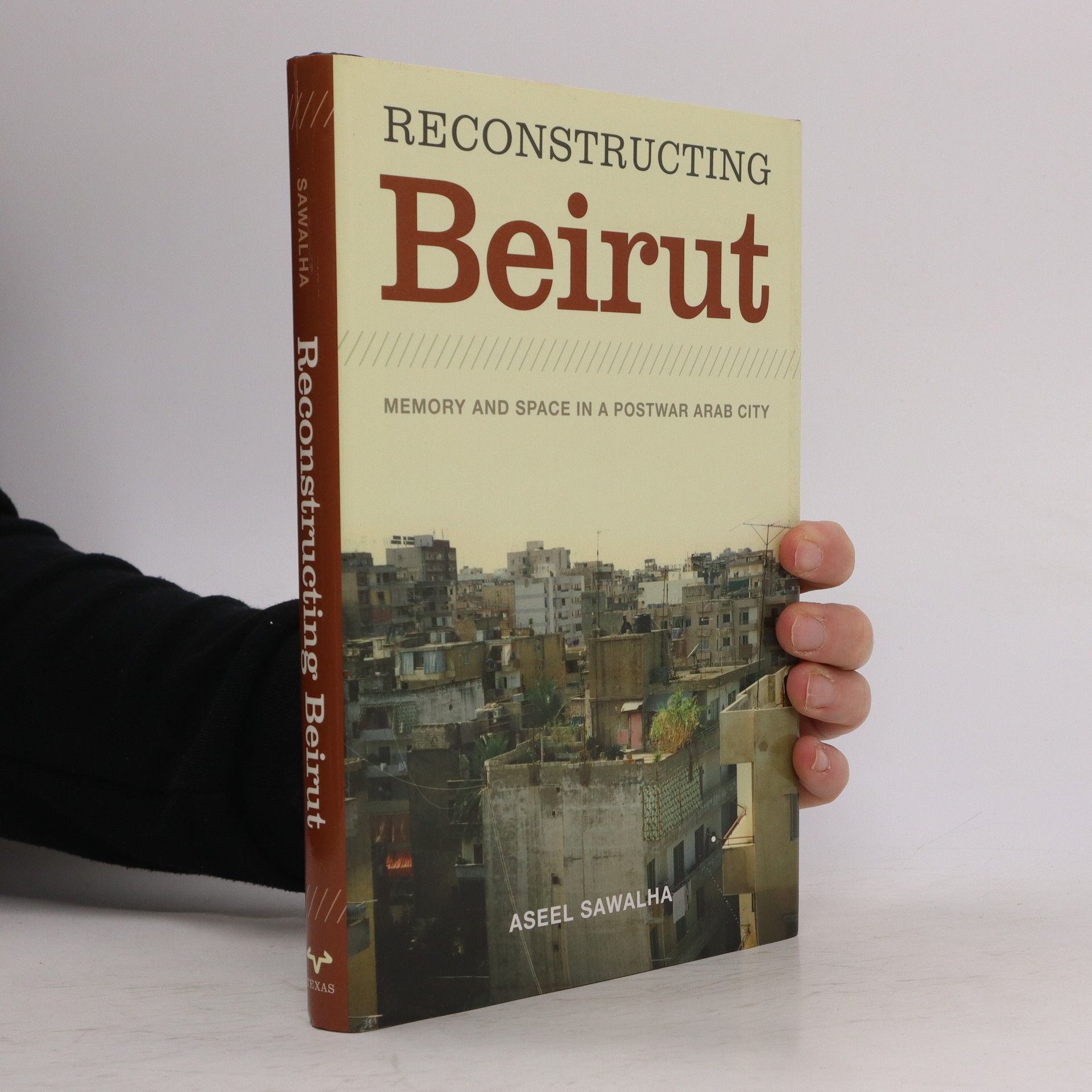Set against the backdrop of Beirut's civil war and its aftermath, this ethnography explores the city's struggle to regain normalcy amidst chaos. It delves into the diverse reactions of various groups to a significant urban-renewal project, highlighting the complexities of rebuilding in a "postwar state of emergency." Through this lens, the book examines the socio-political dynamics and the impact of privatization on the community, revealing how residents navigate the challenges of a transformed urban landscape.
Jamal and Rania Daniel Series in Contemporary History, Politics, Culture, and Religion of the Levant Series
This series delves into the intricate world of the Levant, a region steeped in history, politics, culture, and religion. Each installment offers an insightful exploration of the contemporary issues and dynamics shaping the lives of its people. Through in-depth analysis and compelling narratives, it brings the complexities and resonances of the modern Levant to life for the reader. It serves as essential reading for anyone seeking a deeper understanding of this pivotal and fascinating part of the world.


Recommended Reading Order
Reconstructing Beirut
- 176 pages
- 7 hours of reading
Once the cosmopolitan center of the Middle East, Beirut was devastated by the civil war that ran from 1975 to 1991, which dislocated many residents, disrupted normal municipal functions, and destroyed the vibrant downtown district. The aftermath of the war was an unstable situation Sawalha considers "a postwar state of emergency," even as the state strove to restore normalcy. This ethnography centers on various groups' responses to Beirut's large, privatized urban-renewal project that unfolded during this turbulent moment. At the core of the study is the theme of remembering space. The official process of rebuilding the city as a node in the global economy collided with local day-to-day concerns, and all arguments invariably inspired narratives of what happened before and during the war. Sawalha explains how Beirutis invoked their past experiences of specific sites to vie for the power to shape those sites in the future. Rather than focus on a single site, the ethnography crosses multiple urban sites and social groups, to survey varied groups with interests in particular spaces. The book contextualizes these spatial conflicts within the discourses of the city's historical accounts and the much-debated concept of heritage, voiced in academic writing, politics, and journalism. In the afterword, Sawalha links these conflicts to the social and political crises of early twenty-first-century Beirut.